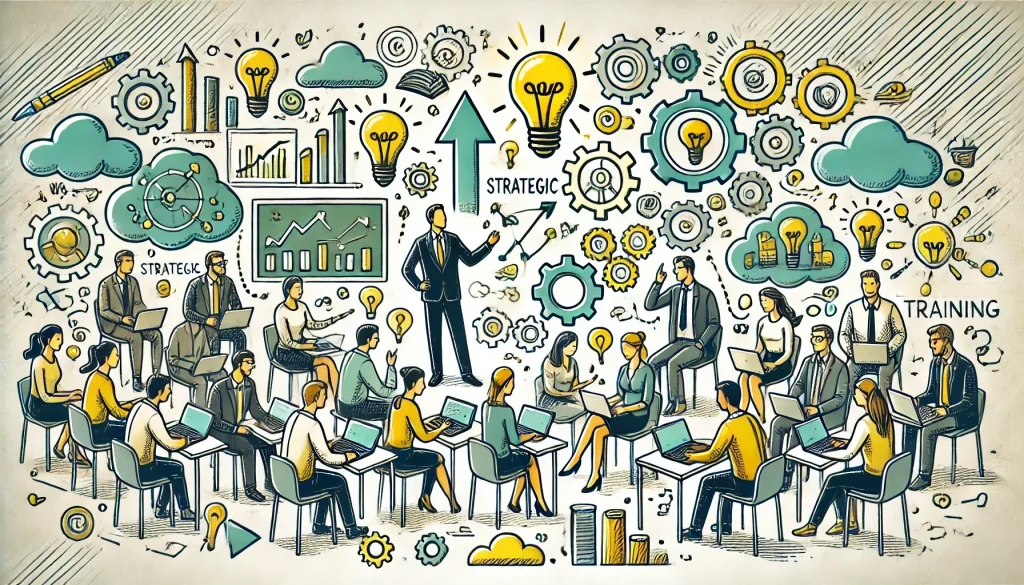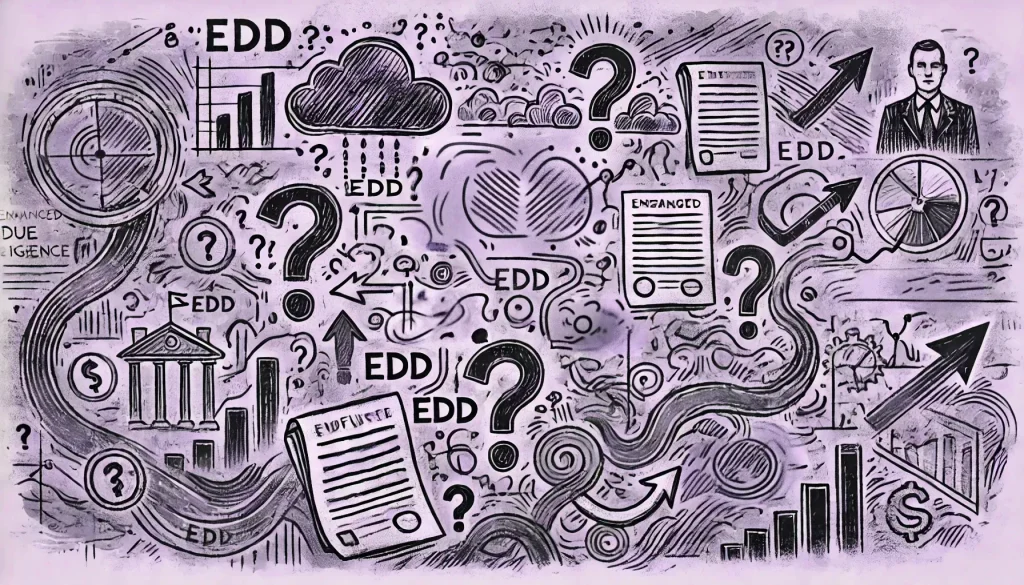So Tuesday was the inaugural session of Learning Data Explorers – an idea that came up in conversations between Steve Brett, one of our founders, and Natasha Speight who is the Learning and Operations Manager at Browne Jacobson. The session discussed the use of data within L&D, the challenges and how sharing ideas would help people develop both their skills and increase the impact of their data work within the organisation. Hence the idea of ‘Learning Data Explorers’ came along – a monthly session for L&D practitioners to discuss the use (and misuse) of data under the Chatham House Rule.
The first session brought together practitioners from a wide variety of firms to talk about how we can use data and to identify topics for to explore in future sessions. The discussion covered a wide range of topics from what we can measure, the problems and opportunities and what tools we might use.
An overriding view was that all teams want to make effective use of data but are often hindered by a lack of resources and restricted access to business data to link to learning outcomes. The ever-present topic of smile sheets was discussed and how they can be used in different ways depending on the focus of the question(s). ‘How was the course’ may be a traditional question but it can only be used to evaluate the performance of the trainers. Better questions focus on the view of the impact of the training as seen by an individual. It is still subjective data but starts to link to outcomes. One contributor talked about surveys after the course as ‘follow-up smile sheets’ to quantify how valuable an individual perceived the course.
Data is never neutral and just gathering it will change what happens. Small things matter and how questions are worded is important. Avoiding words like test or assessment avoid anxieties can be a powerful way to allay any fears that an individual may have. It’s also important to think about how results are fed back so people give honest feedback.
Finally don’t forget the bigger picture. What action can we / will we take based on the analysis. Remember the human in the chain and that we need to be great listeners and learners to adapt to obstacles.




